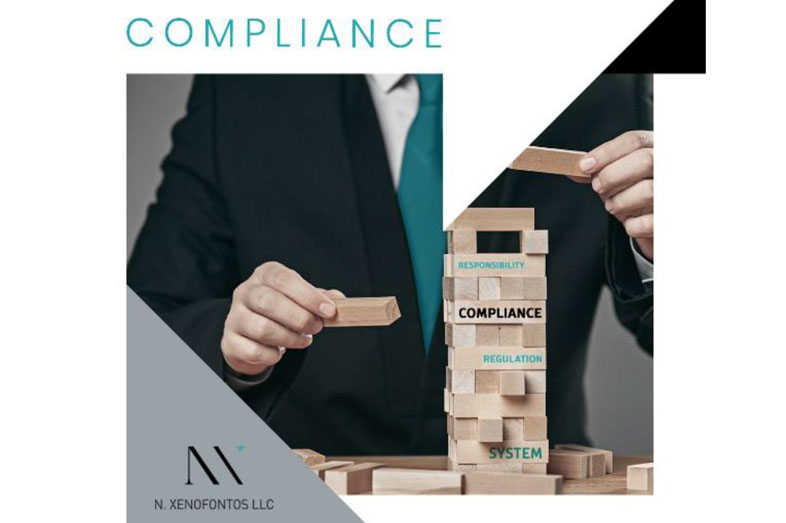
- Jul 06, 2021
Introduction
Even the smallest of companies must consider their compliance footprint. Legal compliance is not just something on the to-do list for giant multinationals, but rather a process by which a company, auditors, accountants and lawyers must adhere to the complex rules, policies, processes and laws that regulate their respective business practices in their particular jurisdiction.
Non – attention to applying compliance policies and measures, renders a company at risk of falling foul of regulators, resulting in the imposition of fines, reputational damage, censures, and revocation of practising licences. Adding to the complexity, every jurisdiction has different compliance requirements, making evaluating legal compliance a difficult task for entity managers tasked with its tracking. Compliance audits are often a requirement and are always a good idea to keep track of status.
The meaning of legal compliance
Legal compliance has been defined as the process or procedure ensuring that an organisation follows relevant laws, regulations, and business rules. It has also been observed that the definition of legal compliance, especially in the context of corporate legal departments, has recently been expanded to include understanding and adhering to ethical codes within entire professions, as well. The importance of effective and solid legal compliance in today’s transparent business world cannot be overemphasised. Managing legal compliance must be done proactively if it is to be effective, instead of waiting for regulators to clamp down on the business for non-compliance to the rules, laws, regulations, and guidelines applicable in a particular jurisdiction. Legal compliance can be broken down into two parts: legal and compliance.
Compliance is acting in accordance with or complying with a requirement, rule, regulation, law, or command. Legal takes a wide interpretation and includes, national, international, and European legislation, as well as codes, standards and last but not least, internal company policy. The legal aspect of legal compliance, therefore, stretches itself to include regulatory mechanisms that have been implemented by an organisation, business, or company.
The importance of legal compliance and why it is such a big deal
With the regulatory environment constantly evolving, the compliance target is always moving. You might find that, just when you’ve achieved full compliance, something changes, and you’ve got to tweak your approach to stay in compliance. Your business needs to be able to adapt; otherwise, you put your business at risk.
By way of example and implementation, taking a risk management approach to compliance is important for various reasons. When done well and embedded into the culture of an organisation, there are measurable metrics to the benefits:
- Establishing client loyalty
- Improve operational processes internal productivity
- Promote best practices
- Safeguard reputation
- Reduce unforced errors
- Enhance consistency
- Eliminate risks of non-adherence to regulators’ checks and imposition of fines
- Boost your company’s integrity
Final comments
Compliance is what makes an organisation the well-oiled machine it needs to be to succeed in today’s business landscape, without it the rust will start setting in and could tarnish more than just reputation. Don’t be complacent with your corporate compliance. Know your client and how you are dealing with. Keep track and up to date on laws, policies, regulations and sanctions lists.
Our services
Our experienced legal team hasthrough their respective areas of expertise, can assist you with all your regulatory and compliance needs and implementation thereof.
- Initial basic assessment of existing and new clients
- Drafting and advising on policies and procedures
- Drafting and advising on Anti Money Laundering Manuals
- Advising management, summaries of legislation and legal compliance audits
- Implementation of AML procedures, risk assessments, compliance officer’s reports
- Regulatory consulting
- Compliance monitoring
- Legal due diligence procedures & client acceptance assessments/reports
- Implementation of Know Your Client (KYC) and Anti Money Laundering (AML) procedures
